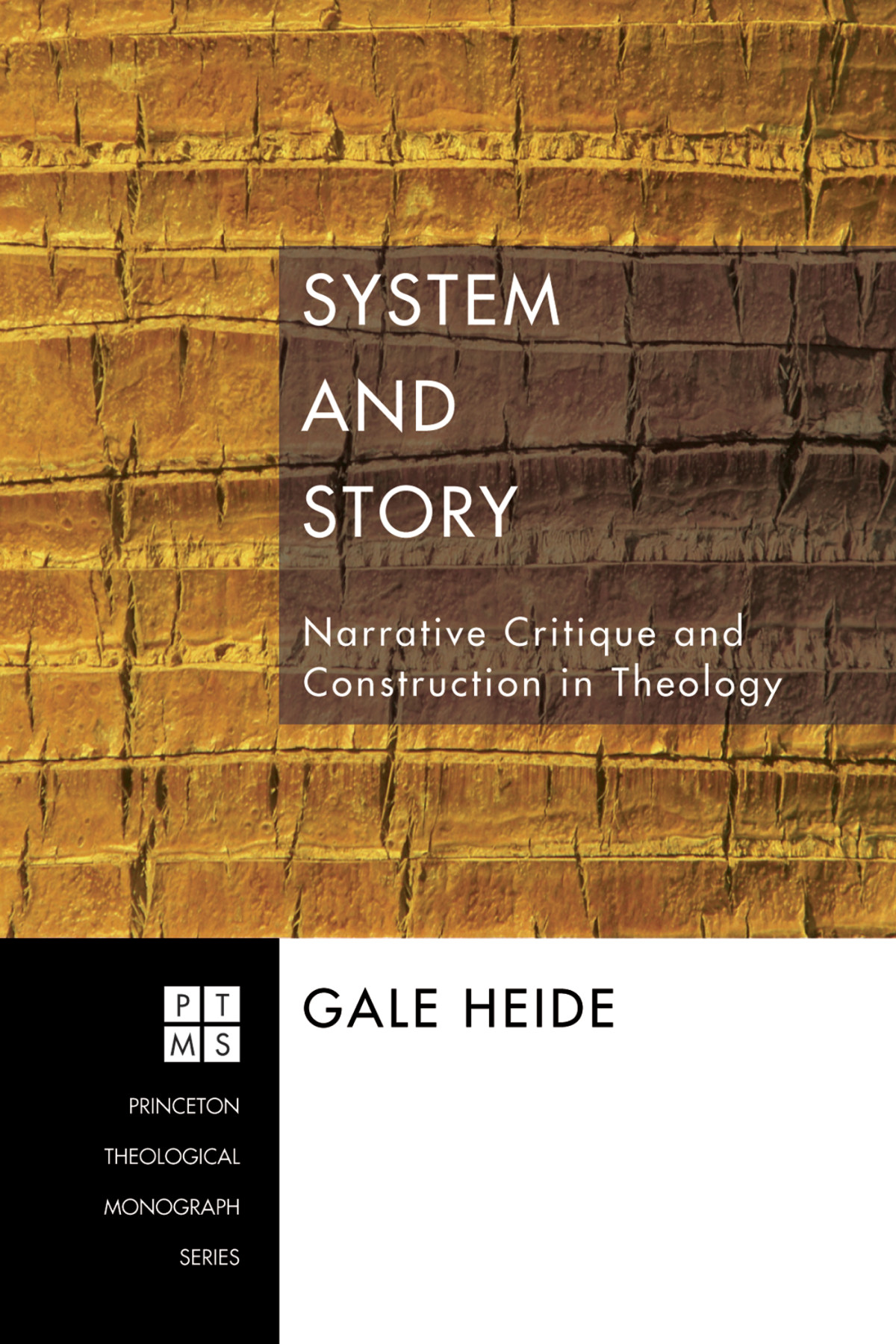

Most ebook files are in PDF format, so you can easily read them using various software such as Foxit Reader or directly on the Google Chrome browser.
Some ebook files are released by publishers in other formats such as .awz, .mobi, .epub, .fb2, etc. You may need to install specific software to read these formats on mobile/PC, such as Calibre.
Please read the tutorial at this link: https://ebookbell.com/faq
We offer FREE conversion to the popular formats you request; however, this may take some time. Therefore, right after payment, please email us, and we will try to provide the service as quickly as possible.
For some exceptional file formats or broken links (if any), please refrain from opening any disputes. Instead, email us first, and we will try to assist within a maximum of 6 hours.
EbookBell Team

4.4
72 reviewsSystem and Story is intended to develop a means for bridging the gap between critics of system and those who may find value in doing systematics from a Biblically oriented context. Narrative theologians have rightly identified and critiqued the development of system in academic theology. Unfortunately, they have not identified the ways in which systematic elements have always played a role in theological knowledge. This study demonstrates the inherent systematic tendencies that still exist in narrative approaches to theology, while at the same time acknowledging the appropriateness of aspects of the narrative critique of system. The reaction against Enlightenment modernism is examined from the perspective of the heightened role of system in religious epistemology. The work of Stanley Hauerwas serves to carry much of the conversation regarding the critique of system and a narrative alternative as it is discovered in communal formation. After summarizing Hauerwas' theology, if such a thing is possible, the final chapters explore the ecclesiological concerns of narrative theologians according to a more systematic rendering of pneumatology. A Biblical rendering of pneumatology from the perspective of the Spirit's role in ecclesiology allows for a modest (i.e., pre-modern) systematic presentation commensurate with narrative communal formation. Thus, the narrative attempt to once again do theology for the church is seen as compatible with a Scriptural (i.e., modestly systematic) theology of the Spirit.